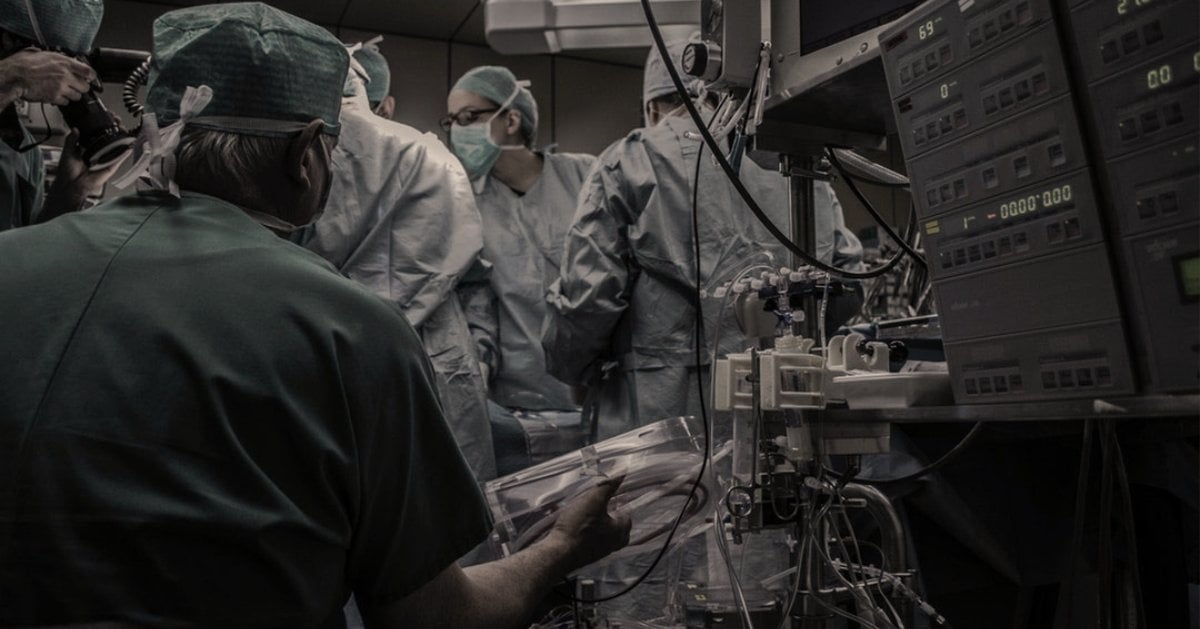Most residency applicants have not found themselves in the interviewee seat since they applied to medical school. Well, the residency interview is somewhat different from the medical school interview. Because you have now nearly graduated from medical school (for the traditional applicant), no one is trying to assess your commitment to medicine; rather, they are specifically evaluating your commitment to the specialty to which you are applying. They also are evaluating your ability to perform well as a resident and if you will be a good fit for their program. This article will provide some tips to help you succeed, whether you are applying to residency this interview season or in the future.
Top Tips for Surviving Medical School
How can you achieve success in medical school? Dr. Lisabetta Divita, a recent graduate, provides her tips and recommendations.









